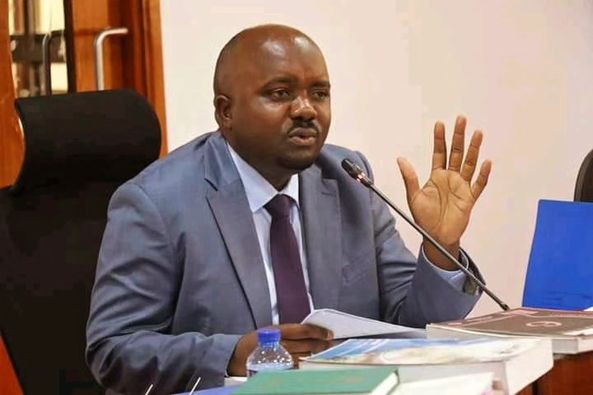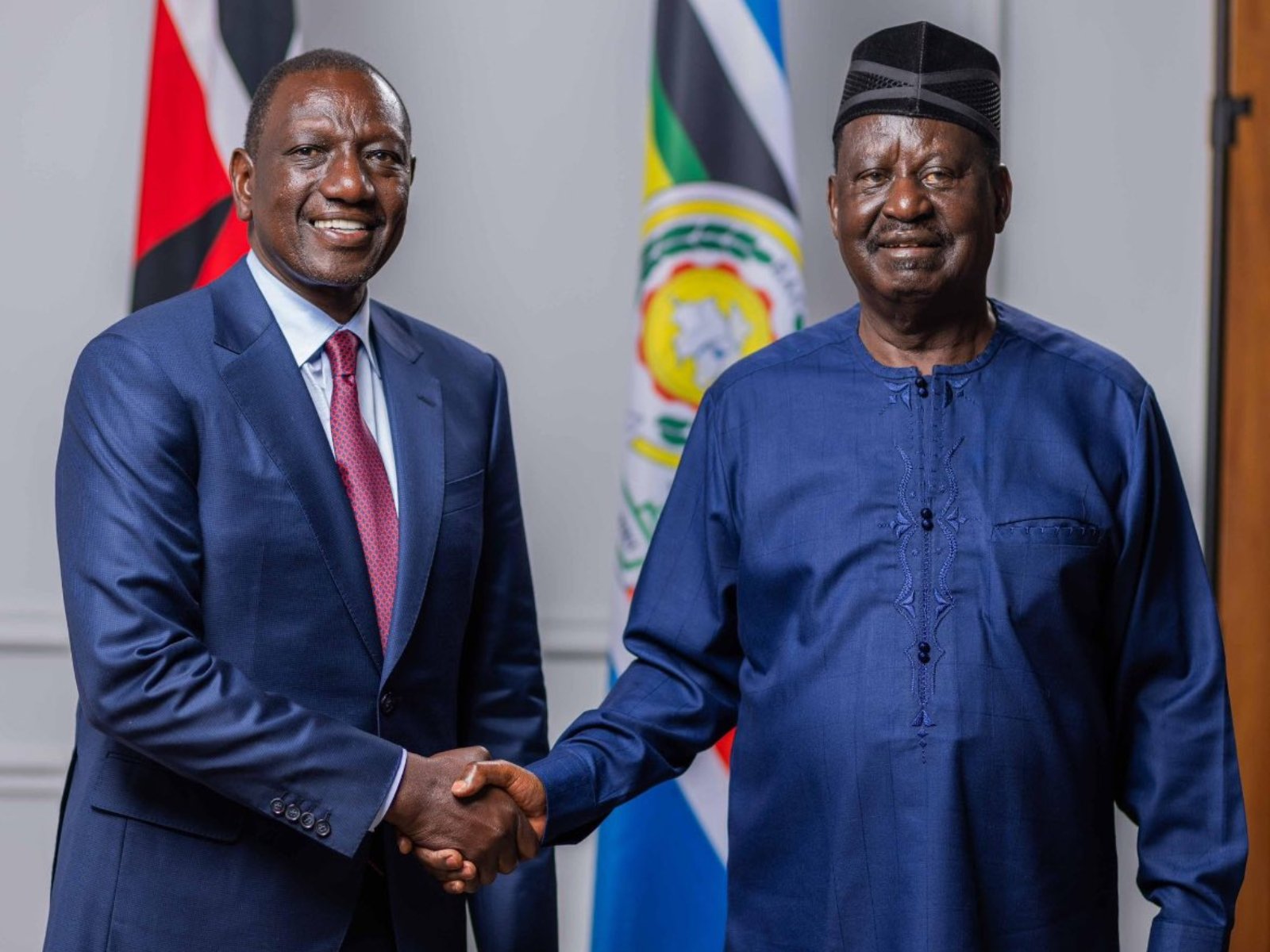Prioritise Kenya’s interests in Raila’s AUC bid
By Levi Obonyo, August 30, 2024This week’s meeting at State House to launch Raila Odinga’s bid for the chairmanship of the African Union Commission should be a moment of triumph for Kenya. President William Ruto can take pride in marshalling leaders from the region and the support of the East African Community to back Odinga’s bid, which could potentially reshape the African Union.
Of course, this is only the launch of the bid, and it will take the convincing of two-thirds of the African leaders voting early next year to clinch the deal. However, Kenya’s past experience in this process and the lessons learned from any failures could be crucial in the current efforts.
A decade ago, Kenya fronted the then minister for foreign affairs, Amina Mohamed, for the same position. She came shot, but the government is giving it another try. Kenyans have held high positions at the continental body before, but not the ultimate position of heading it.
Unfortunately, rather than receive universal support, Odinga’s bid is attracting mixed reviews in Kenya. That is to be expected in a democracy and particularly of a multi-ethnic variety. The government is going full throttle fronting the bid, with the highest levels of the administration engaging high gears. Odinga’s traditional political base is thrilled that the man they have supported in his bid for the national leadership has turned his attention to the continental body.
The lack of enthusiasm for this bid from regions that traditionally opposed Odinga’s endeavour for national leadership is noticeable. In their initial disquiet, some offered that other candidates were better suited for the position, referring to the former head of state who had not officially expressed interest.
It did not stop there. It seemed that there was no consensus in the East African region, particularly when a candidate emerged from Somalia, and there were suggestions that a Tanzanian official may also have been interested in the position.
The Somali official later withdrew from the race, while a Tanzanian contender did not materialise. Instead, there are three other candidates, with the Djibouti one considered a worthy opponent, not that the rest are any less credible opponents.
But this week’s show of might by the President in bringing his colleagues from the region to Nairobi has demonstrated the national resolve. This needs to be supplemented with national unity. There is such a thing as patriotism, where the national interest subsumes the local agenda.
Odinga’s bid should unite the country on some common cause. It can take the national collective mind away from the local disputes and challenges. This seems to be happening for Odinga’s base.
But as expected in a democracy, those opposed to Odinga’s candidacy argue that he is a polarising figure. But that should not rise to the level of triumphing national interest. Too often, those opposed to Odinga peg their objection to simple platitudes that Odinga is a divisive figure and that his supporters are too passionate and rowdy. But Odinga’s opponents are just as passionate. Not too long ago, the owner of a hotel in Nyeri could not fathom Odinga dining, at Odinga’s own cost, in her facility.
Stories are told of how Odinga’s name is applied as a scare tactic to get children to obey their parents. The fanaticism on both sides generally squares up.
In moments of national interest such as this, it behoves Kenyans of whatever political shade and persuasion to prioritise the national agenda. The President, Odinga’s most recent political opponent, is leading the pack in championing the Kenyan interest. He should carry the country along. His deputy has fallen in line, and so should the rest of the country.
— The writer is the Dean of Daystar
University’s School of Communication
More Articles

